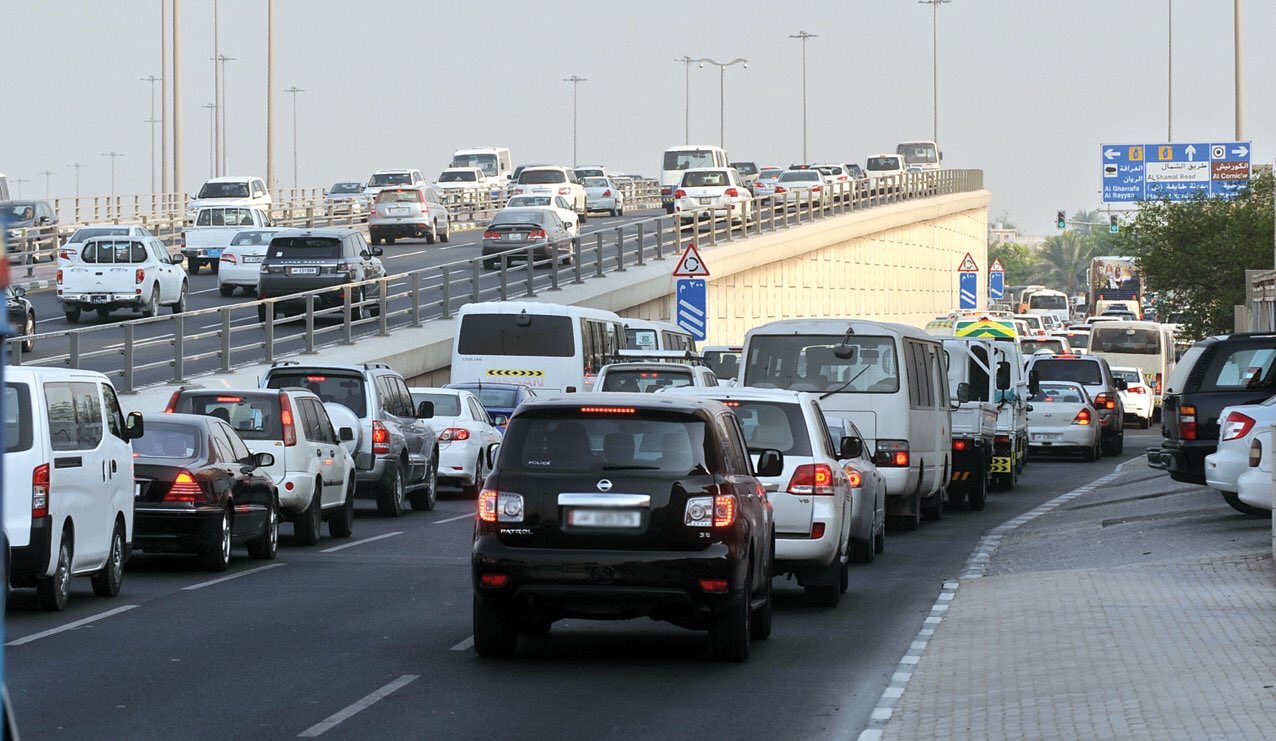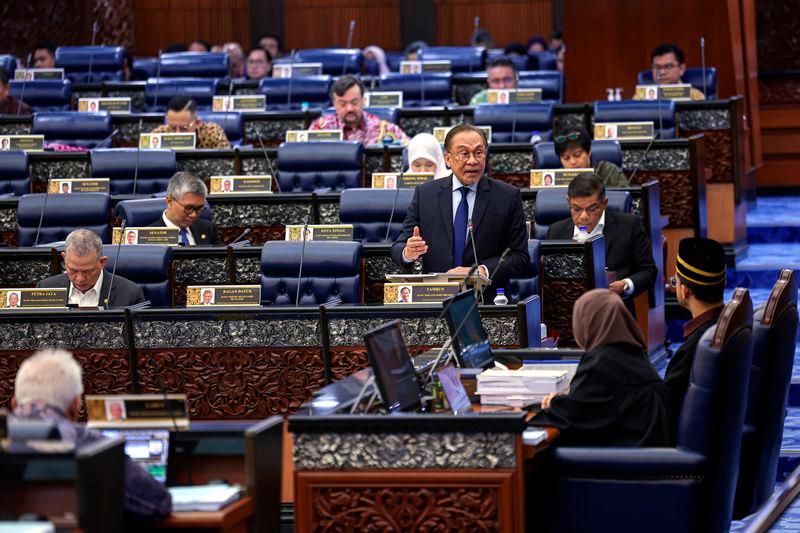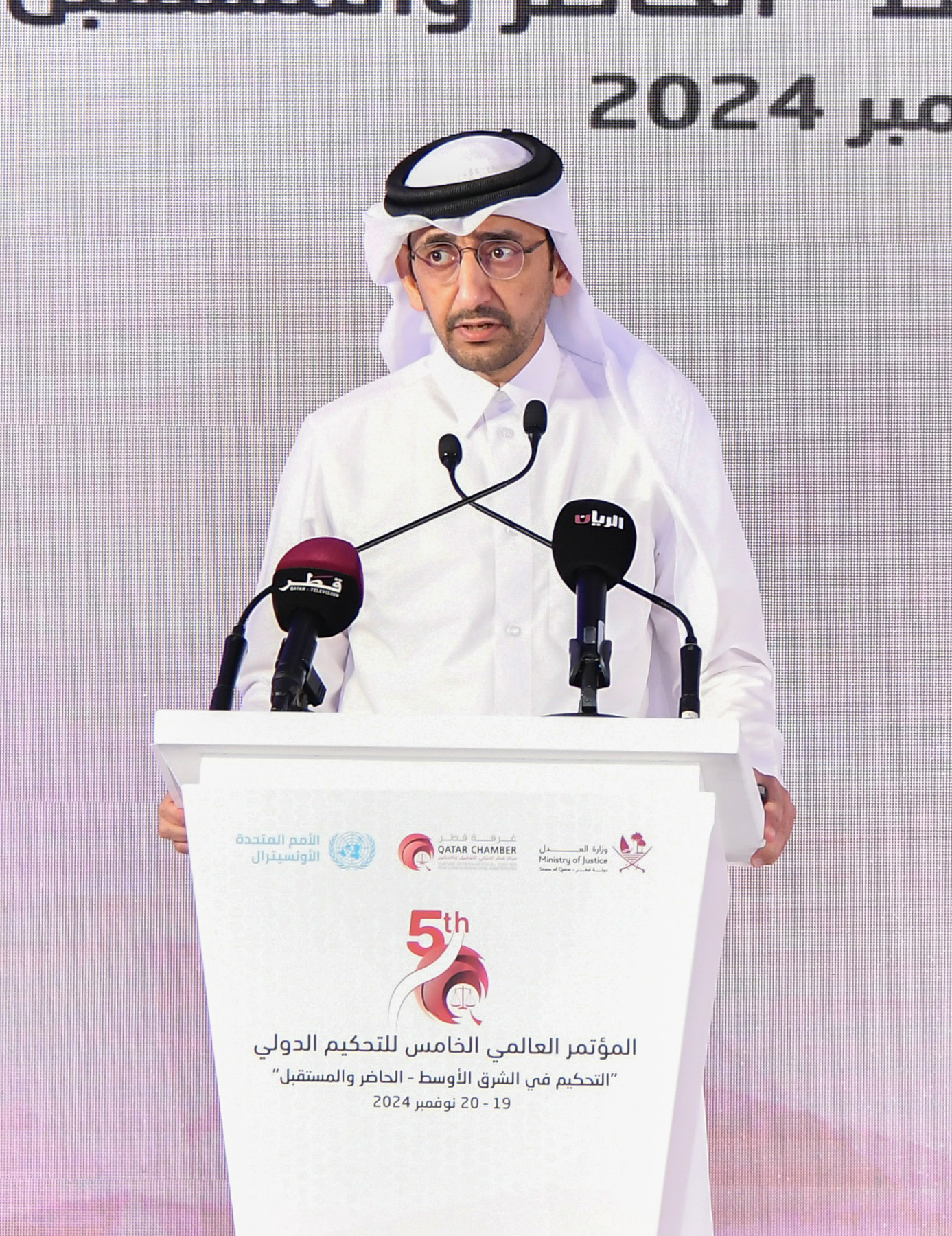Despite the Gulf state launching various initiatives to become more eco-friendly it’s carbon footprint remains one of the highest.
Qatar’s private vehicle registrations in November witnessed a 29.9% increase in comparison to the same period the previous year, according to data from the Planning and Statistics Authority [PSA].
The PSA’s report states that 4,335 private vehicles were registered in November 2021 whereas 3,317 were registered in 2020.
Meanwhile, the total number of new vehicles stood at 6,882 during the same month, which is a 35.8% increase in comparison with the same period in 2020, meaning that private vehicles accounted for 63% of all new motors on Qatar’s roads.
While the rise in vehicle registrations is a sign that the country’s economy is recovering as more cars are being bought and sold, it comes despite Qatar’s efforts to go greener as per its National Vision 2030, which includes reducing harmful carbon emissions.
Millions of passengers opt for Doha Metro during FIFA Arab Cup
Doha has stated it plans on hosting an eco-friendly World Cup this year, with plans to convert 25% of public transport to electric energy, just in time for the big tournament, with 100% expected by 2030.
A network of electric car chargers is also being integrated across the country in order to support the ministry’s plan to gradually transform the electric transport system.
Qatar’s innovative metro system was seen as a successful form of transportation during the Arab Cup, when over 2.5 million passengers used the Doha Metro during the event between 30 November to 18 December.
Moreover, Education City introduced the “Car-Free Day” initiative to limit the usage of vehicles in the area.
As a leading producer of liquified natural gas [LNG], Qatar has taken initiative to expand the production of the gas to 127 million tonnes annually by 2027.
It also says that its gas production can help combat climate change by leading the shift from more harmful fuels to greener options.
This vision was reflected when Qatar Petroleum announced its new brand identity in October changing its name to QatarEnergy.
Concerns over climate change were brought to the world’s attention following the release of the UN’s Intergovernmental Panel on Climate Change [IPCC] report in August last year.
The report found that humans have caused irreversible damage to planet earth as nations failed to minimise fossil-fuel emissions.
According to the report – approved by 195 governments and based on more than 14,000 studies – global warming will keep intensifying over the next 30 years, with just a small chance remaining to prevent more drastic consequences of the climate crisis.
Since the 19th century, humans have caused the planet to heat by around 1.1 degree Celsius and global warming is expected to rise to about 1.5 degrees Celsius in the next two decades, with more heat-waves expected to occur in the future.
Follow Doha News on Twitter, Instagram, Facebook and Youtube







